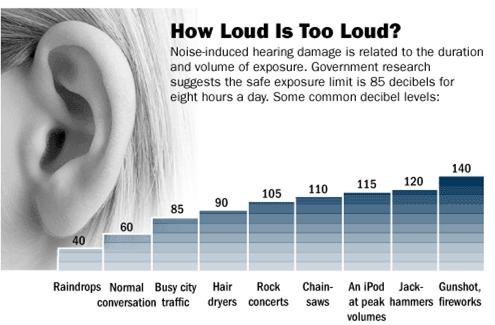Background Noise is the noise level at a given location and time, measured in the absence of any alleged noise nuisance or sound sources being studied. It is also referred to as the ambient or residual noise. Background noise is a form of noise pollution or interferance
Examples of background noises are environmental noises such as waves, traffic noise, alarms, people talking, bio-acoustic noise from animals or birds and mechanical noise from devices such as refrigerators or air conditioning, power supplies or motors.
Noise is defined as unwanted sound. Whether we are in our homes, workplaces, or outdoors, we will almost certainly be exposed to a certain level of background or ambient sound. Before we can begin to solve a noise control problem, we must determine how much background sound is acceptable. We can never create, nor do we really want, a completely sound-free environment. We do not wish to live in a world without sound.
The question becomes: at what level does background sound become too loud for a particular situation? A moderate level of background sound can be helpful when it prevents private conversation in the home or workplace from being overheard by nearby listeners, yet doesn’t make it difficult for those conversing to be heard by each other.
Very low level background sound can even contribute to sleep or rest when not interrupted by intermittent or sudden loud noises. In some public places, a somewhat higher level of background sound may be acceptable. Other places, such as auditoriums and concert halls where very low background sound levels are required, present particular problems in sound control.
Background Noise Contributes to More Creativity
Researchers asked 65 students at the University of British Columbia to perform various creative tasks while noises recorded at a roadside restaurant were played in the background. In one experiment, for example, scientists asked participants to brainstorm ideas for a new type of mattress. Test subjects had the most success when the noise in the background was noticeable, but not jarring.
The researchers found that test subjects were at their most creative when background noise was measured at 70 decibels, a level one might find in a fairly busy coffee shop. A nearly silent environment (50 decibels) was too quiet. Cranking up the volume to 85 decibels (for example, adding a jack-hammering laborer outside your building) is counterproductive; the noise becomes a distraction.
Share blog:
Courtesy of Acoustiguard

